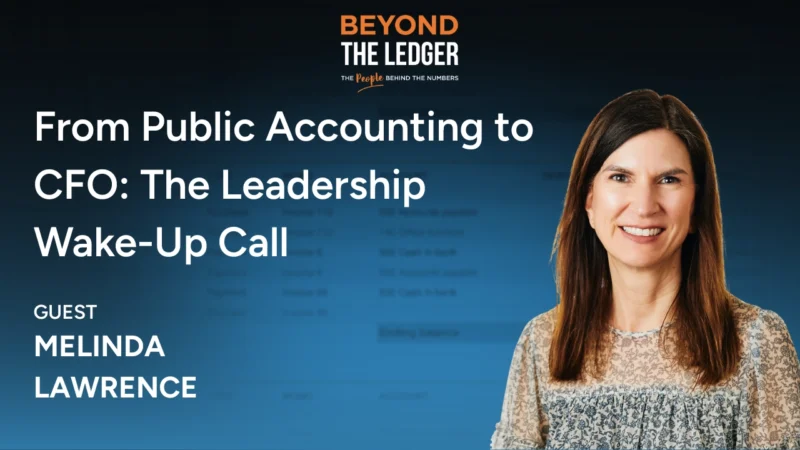Weaver: Beyond the Numbers: The Global Minimum Tax Explained
Covering core elements of the Global Minimum Tax being considered by the world’s largest economies, Weaver’s International Tax professionals provide insight for multi-national businesses.
Key Points:
- The Organization for Economic Cooperation and Development (OECD) looks to certain measures, including a global minimum tax to level the playing field among countries.
- Generally, the Global Minimum Tax will affect companies with revenue over 750M euros. However, the Subject to Tax Rule may apply regardless of the amount of revenues.
- The Global Minimum Tax rate proposed by OECD is 15%.
- The Subject to Tax Rule rate proposed by OECD is 9%
“At its core, the GMT provides a level playing field for multi-nationals,” Vince Houk, CPA, Partner-in-Charge, International Tax Services.
On this episode of Weaver: Beyond the Numbers, host Tyler Kern discussed the proposed implementation of a Global Minimum Tax with Vince Houk, CPA, Partner-in-Charge, International Tax Services at Weaver.
Houk explained that many countries within the OECD are considering certain measures, including a global minimum tax rate of 15 percent for larger companies because it would help to “level the playing field.” In addition to the competition between countries for tax revenue, many have seen the digital age hinder their ability to collect taxes. Together, these two issues have led to low tax rates worldwide and many countries are eager for changes. .
The Organization for Economic Cooperation and Development (OECD) is looking at three key rules to ensure that countries receive their fair share of taxes:
- Income inclusion rule;
- Undertaxed payments rule; and
- Subject to tax rule
The income inclusion rule and the undertaxed payments rule will effectively provide for a minimum rate of tax for multinational businesses, whereas the subject to tax rule will help ensure that a country’s tax base is not eroded through certain deductible payments (interest, royalties, etc.) where the recipient country subjects the payment to a low rate of tax.
While the income inclusion and undertaxed payments rule would affect multinational businesses with global revenue of more than 750 million euros, it is not clear whether the subject to tax rule will be subject to any threshold.
Under the current framework, a key consideration for multinational businesses will be the effective tax rate which could, for example, impact a country’s ability to boost their economies through tax incentives.
These situations and more are issues the OECD must discuss and iron out before initiating the rule. While it’s unclear why the members of the OECD are considering a 15 percent rate, it’s evident it will apply to many large companies and may have a significant impact on their tax bill.
Weaver’s tax professionals are known for helping multi-national clients achieve global business growth. Listen to the full episode to hear all of Houk’s insights, and visit weaver.com for more thought leadership.
Subscribe and listen to future episodes of Weaver: Beyond the Numbers, The Business of Government on Apple Podcasts or Spotify.




